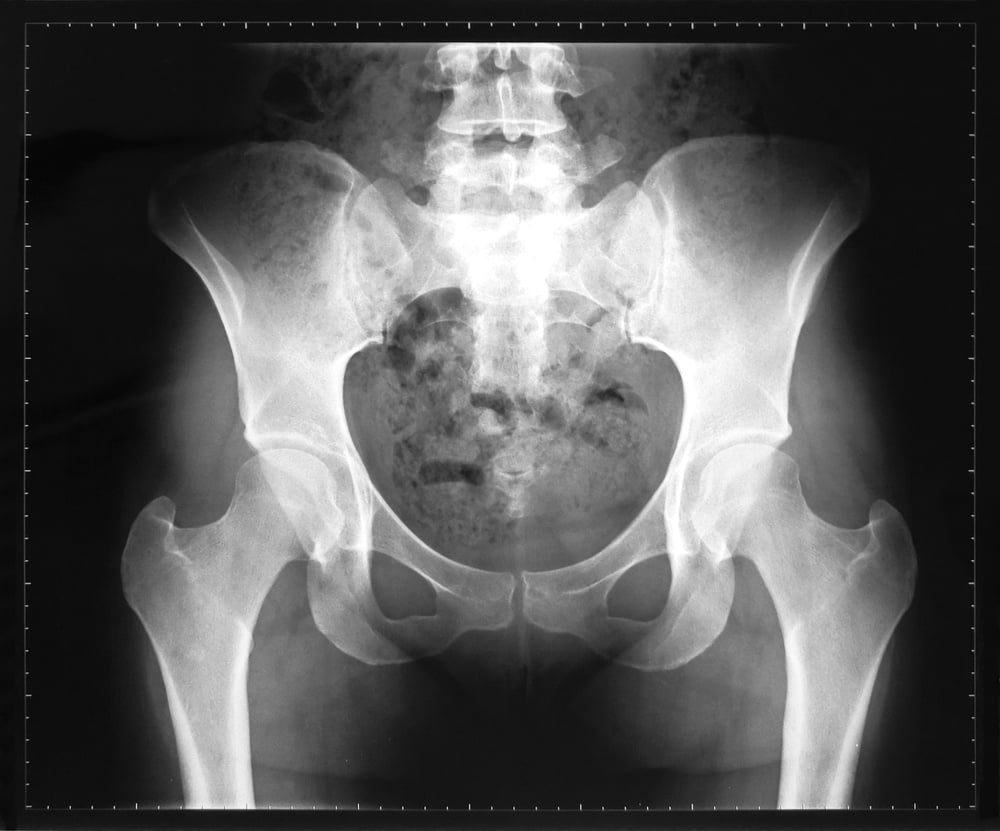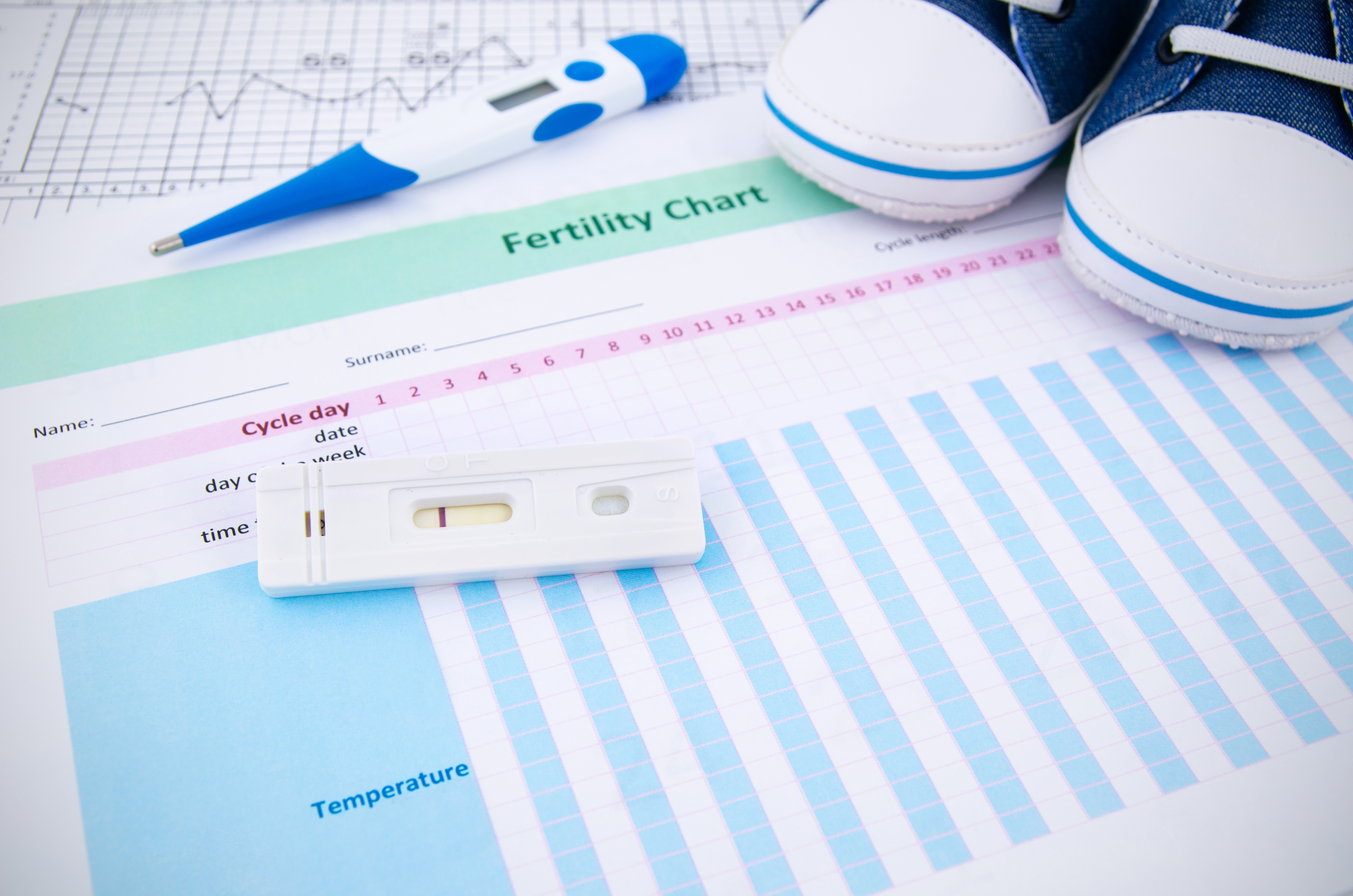When you’ve taken the big step of scheduling an appointment with a fertility specialist, emotions are probably running high. You’ve been carrying the weight of loss, disappointment and anxiety for months or even years. Somehow, through all of that, you’ve found the strength to act and the courage to hope.
You’re looking for answers, which can be scary, especially when you’re not entirely sure what questions to ask beyond the most obvious one of “how can I have the baby I’ve been dreaming of?” When you’re face to face with your fertility doctor for the first time, it can be a little overwhelming, and suddenly all the queries you rehearsed on the way there have deserted you.
We’re here to help. These ten questions will give you an excellent start to your fertility treatment journey.














